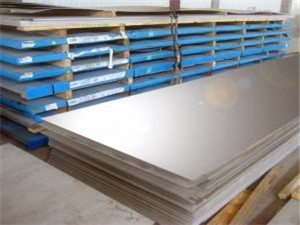The increased carbon content in Alloy 800H (compared to Alloy 800) improves its high-temperature properties, such as creep and rupture strength.
Alloy 800H Sheets possess several key properties and characteristics that make them well-suited for high-temperature applications:
High Temperature Resistance: Alloy 800H Sheets exhibit exceptional resistance to high temperatures. The alloy has a maximum operating temperature of approximately 1100°C (2010°F)
Corrosion Resistance: Alloy 800H Sheets offer excellent resistance to oxidation, reducing environments, and carburization. The presence of chromium in the alloy composition forms a protective oxide layer on the surface
Creep and Rupture Strength: Alloy 800H Sheets possess excellent creep and rupture strength. Alloy 800H demonstrates minimal creep under high-stress conditions, ensuring dimensional stability and reliability
Good Weldability: Alloy 800H Sheets offer excellent weldability, allowing for ease of fabrication and joining. The alloy can be welded using various techniques, including gas tungsten arc welding (GTAW), shielded metal arc welding (SMAW), and submerged arc welding (SAW). Proper welding procedures and filler materials compatible with Alloy 800H should be employed to ensure high-quality welds and maintain the material's properties.
Versatility: Alloy 800H Sheets find applications across a wide range of industries, including petrochemical, power generation, chemical processing, and aerospace. They are used in heat treatment furnaces, heat exchangers, boiler components, catalytic regenerators, and various high-temperature equipment and systems.
These key properties and characteristics make Alloy 800H Sheets a reliable choice for applications that involve high temperatures, corrosive environments, and demanding mechanical conditions. The combination of high-temperature resistance, corrosion resistance, creep and rupture strength, and weldability positions Alloy 800H Sheets as a premium material for critical applications in various industries.


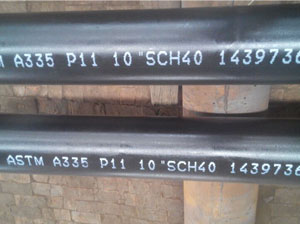
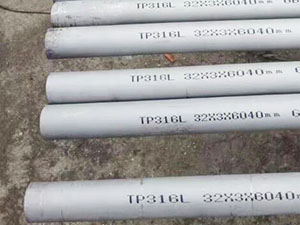
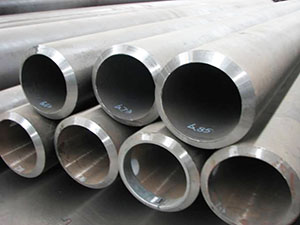
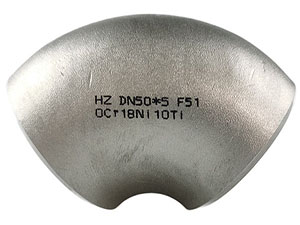

.jpg)
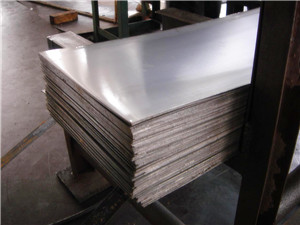
.jpg)
